Brenda Lee’s name may not be as recognizable as some of the other music stars from the 1960s but when you think of Christmas, you’ll know her song, and start humming her catchy tune, “Rockin’ Around the Christmas Tree.”
When Lee, now 78, first hit the stage, she wasn’t old enough to drive but her powerful vocals steered her “unprecedented international popularity” as the most successful female artist of the 1960s.
Lee, whose voice defied her diminutive stature at only 4 foot 9, became a fan favorite when she was only 12.
Brenda May Tarpley, born in 1944, got her start in the late 1940s, became huge in the 1950s, and over her career–that started before she left elementary school–she topped the charts 55 times, earning the title as the most successful female recording artist of the 1960s.
When Lee was only eight (according to Rolling Stone), her father, a construction worker, was killed at work and little Brenda–who then changed her last name to Lee–became the family’s primary provider.

Taking care of her younger brother, big sister, and mother–a cotton mill worker–was not a duty, but something she wanted to do. She said that she was thrilled when she made her first $20, so she could help her family: “Even at that young age, I saw that helped our life,” Lee said, adding “It put some food on the table. It helped, and I loved it.”
The Atlanta-born chanteuse, called a “pioneer of early rock and roll,” by the Georgia Encyclopedia, achieved “unprecedented international popularity in the 1960s.”
But, an incredibly humble human, Lee credits those who helped her achieve her dreams. When Christianity Today asked what she thinks about being a legend, Lee said “I don’t think of myself that way!” She continued, “I’m just a girl who’s been blessed to be doing what I’m doing, and there’s a lot of people who’ve sweated a lot of tears and put a lot of life’s work into me to be able to have my dream. So, if I’m a legend, then they’re legends, too.”
In 1956, the young girl joined country star Red Foley for a show at the Bell Auditorium near her home in Augusta, and she belted out “Jambalaya,” by Hank Williams.

She was then signed to appear on Foley’s Ozark Jubilee, a country music show, where millions of viewers fell in love with the sassy 12-year-old whose talent was developed well beyond her age.
In the same year, Lee signed with Decca Records, and the next year, she moved to Nashville, Tennessee, and fusing country with rhythm and blues–highlighted by her hiccupping vocals–she recorded early rockabilly classics like “BIGELOW 6-200,” “Little Jonah,” and “Let’s Jump the Broomstick.”
When asked if–when as a young girl–she was nervous performing in front of large crowds, she answered: “No, not really. Nobody ever told me to be nervous. The stage always felt like a hometown to me because I had been in front of people ever since I was 3 years old, singing to people. So it was a very comfortable spot for me.”
In 1957, Lee earned the nickname “Little Miss Dynamite” for her pint-sized powerhouse recording of the song “Dynamite,” and in 1958, fans heard “Rockin’ around the Christmas Tree,” a genre and generation-crossing holiday standard, released when she was only 13.
“I knew it was magical,” she told Rolling Stone.
Over the next couple of years, she charted with hits like “Sweet Nuthin’s,” “All Alone Am I,” and “Fool #1.”
Most of her songs, however, contradicted her experience as a young girl. Her mother didn’t let her date and she graduated high school not understanding the heartbreak of young love.

She was only 16 when she said “Love could be so cruel” in the song “I’m Sorry” and only 16 when she said “I want his lips to kiss me” in the song “I Want to be Wanted,” both back-to-back hits when she was still in school.
And when she turned 18, she met Ronnie Shacklett, whom she’s now been happily married to for 60 years.
Life on the road for Lee as a youngster had its difficulties. She celebrated her 12th birthday in Las Vegas and speaking with the Las Vegas Journal, Lee explained her loneliness.
“Of course, I wasn’t even allowed to walk through a casino, I was so young. So I didn’t even know what a casino looked like. They took me into the kitchen, then into the showroom. And then when my show was over, I was brought back out through the kitchen and back up to my room. Children weren’t allowed … in the casino area.” She continued, “There wasn’t anything to do in Vegas for a kid. The most fun I had was on the stage.”
Speaking on what she missed out on as a child, the award-winning Lee said, “Many times, I yearned to be with my friends rather than be out there on the road.”
Turns out she made new friends on the road, like with the music group that opened for her at a 1962 show in Germany. “I hung out with John,” she says effortlessly, speaking of John Lennon. “He was extremely intelligent, very acerbic with his jokes, just a gentle person. When I found out that they later said they were fans of my music, I was just floored.”

Woman Follows Little Boy Who Takes Leftovers from Her Restaurant Every Day — Story of the Day

Alice was suspicious that the boy who often collected leftovers from her restaurant was hiding something, so she decided to follow him one day. But what she discovered along the way astounded her.
“You got lucky, kid. We have plenty of leftovers today, and you can take all of it home,” said Steve. He was the head chef at Alice’s restaurant and would frequently keep the leftovers for Christopher, the little child who often dropped by their restaurant for food.
“Oh really? Is it actually so much food? Do I have enough to share with my friends?” Christopher’s eyes lit up.
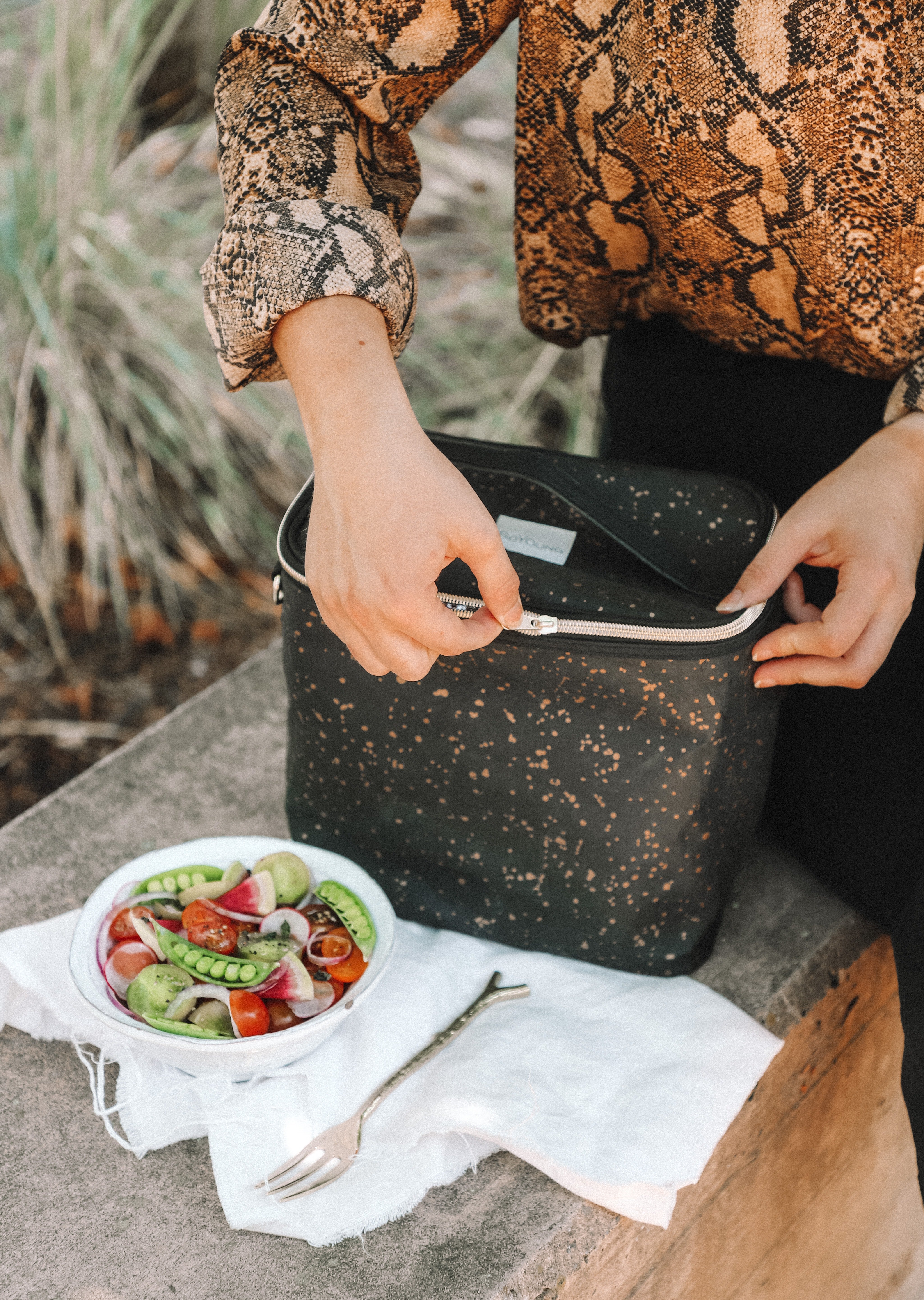
For illustration purposes only | Source: Unsplash
“Yes, Chris,” Steve replied with a huge smile. “Just wait here; I’ll get the packets for you.”
Christopher was delighted after receiving the food packets. He thanked Steve with a huge smile, waved goodbye, and walked away happily.
Alice, on the other hand, had no idea this was common practice at her restaurant until she saw Christopher leave one night. However, she wasn’t convinced that he was the type to eat leftovers to keep his stomach full. “I should find out what happened to this kid. After all, he doesn’t look homeless,” she thought to herself as she watched him walk away.
For the next few days, she waited for him to come back, and when he did the third day, she met him at the restaurant. “Hi, there. Are you here for the leftovers?” she asked him gently.
“Yes!” Chris replied cheerfully. “Can you please call the cook? He must have kept those packets for me.”
Alice gave him a warm smile. “Well, there’s no need for that. I’ve prepared some fresh food for you so that you don’t eat the leftovers. By the way, what’s your name?”
“Oh, that’s really sweet of you, thank you,” Christopher replied. “My full name is Christopher, but you may call me Chris.”
“So, why don’t you eat at home, Chris?” Alice asked. “Is your mom sick?”
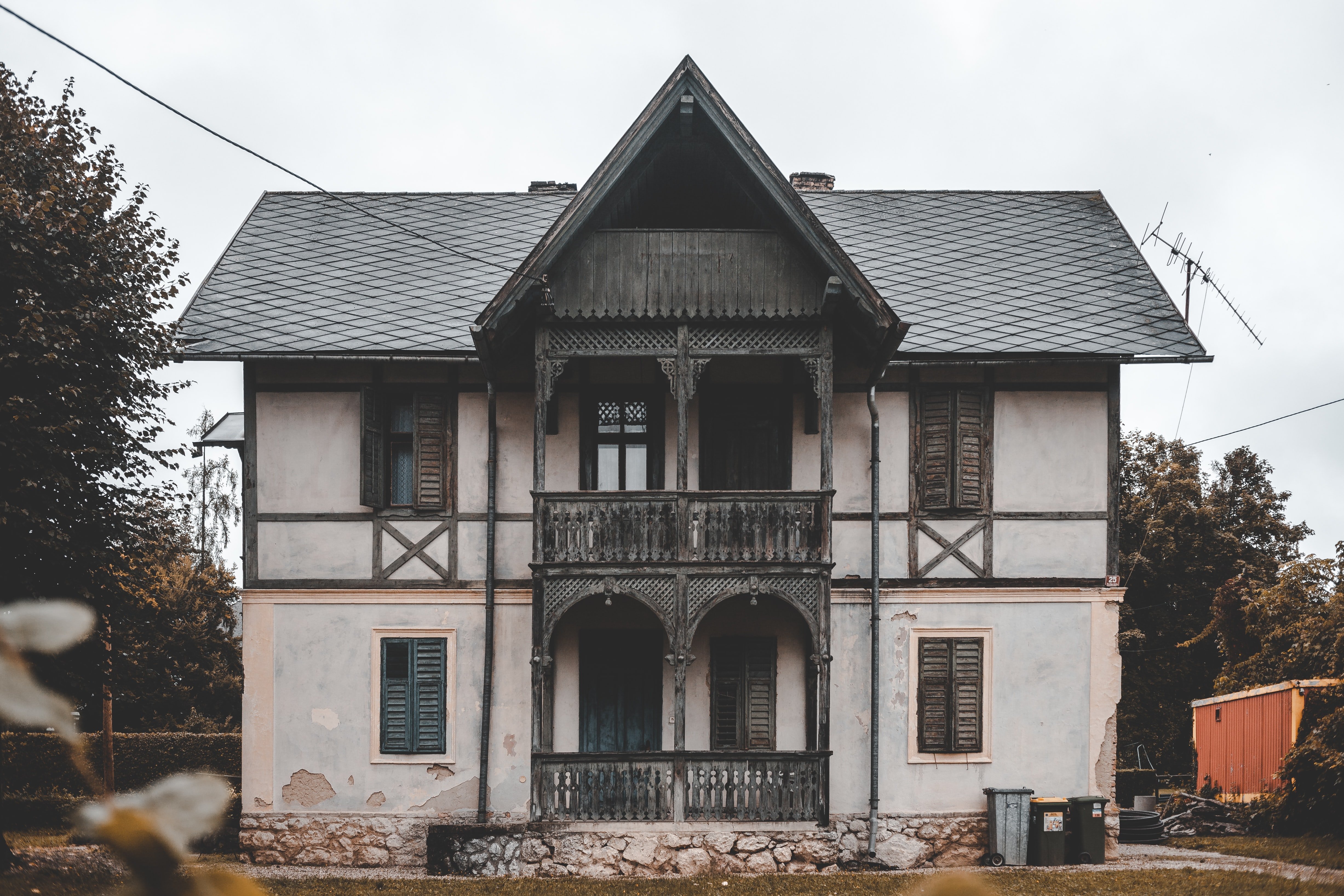
For illustration purposes only | Source: Unsplash
Christopher’s expression changed. “Well, actually … I live at an orphanage, and they don’t feed me well. Every time I come here, your employees help me. I’m grateful to you for that. Anyway, I’ll leave now,” he said and hurried away.
Alice had a sneaking suspicion that the boy had been hiding something all along. So that day, she decided to follow him. And what she saw next left her stunned.
Instead of stopping at an orphanage, Chris went to a house, left the bag of food on the porch, and ran away. Soon, an older woman came out; she looked around in puzzlement, took the bag, and went back inside.
Alice was about to knock on the door and ask that lady who she was and how she knew Christopher, but before she could, she got an urgent call from the restaurant and had to leave.
The next day when Christopher came to the restaurant again, she was already waiting for him. “There’s something you need to explain to me, Chris. I know you’ve been taking the food for somebody else. Be honest, who is she?”
“I’m sorry, I lied to you,” Chris instantly admitted. “But I’ve been taking food for my granny. She’s the only family I have now.”
Alice was stunned. “Then why do you stay in an orphanage?”
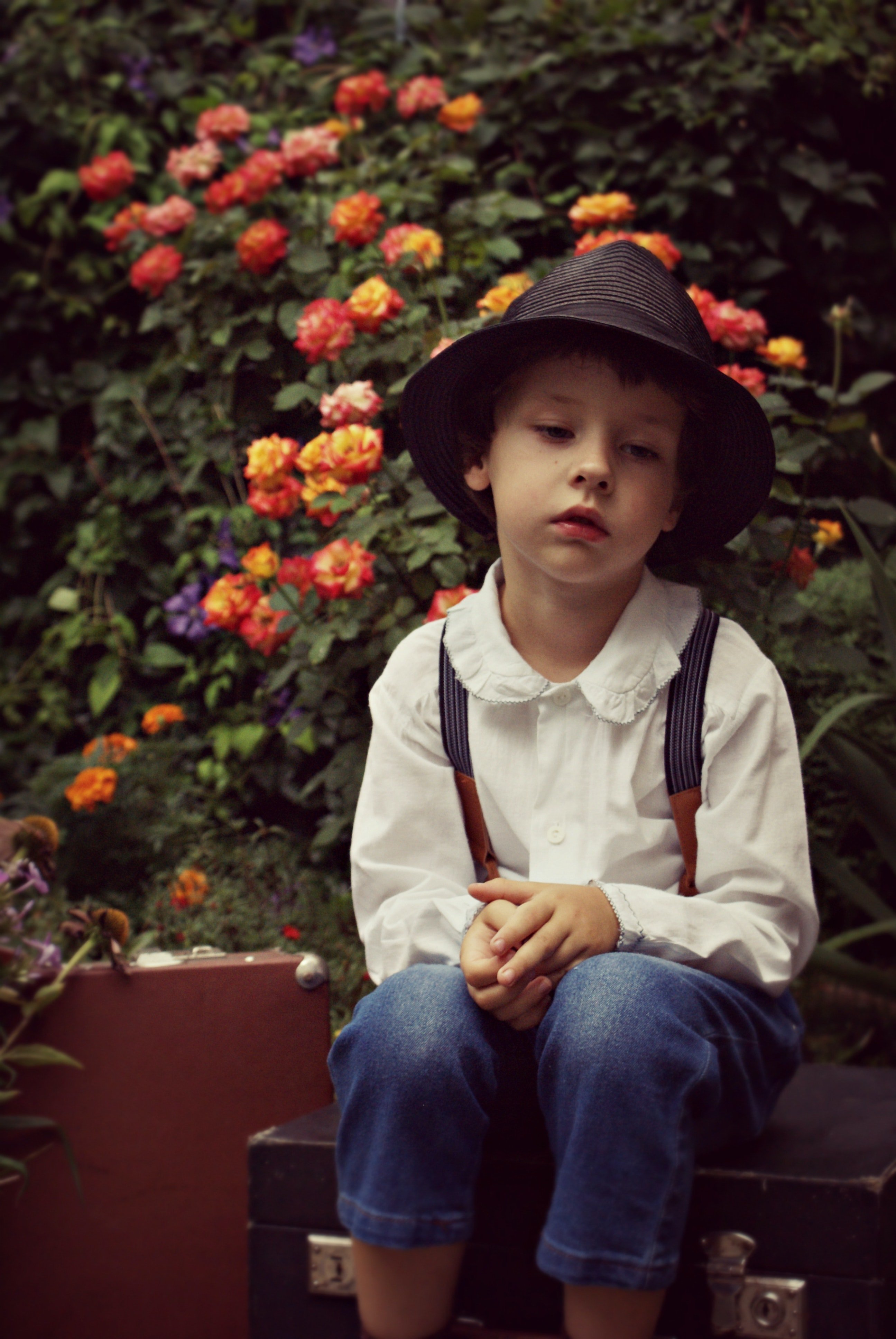
For illustration purposes only | Source: Pexels
Chris frowned. “When my parents passed away, my grandmother didn’t get custody because she wasn’t financially stable. She can’t even afford food, so every day, I collect food from here and drop it off at her house.”
Alice was proud of how Chris was looking after his old grandmother, but at the same time, she felt terrible for their situation. So that day, she went to his grandmother and told her everything. Christopher’s grandmother Edith was taken aback when she realized it was her grandson who had been placing food packs on her doorstep all along.
“Is it really my grandson?” Edith almost broke into tears. “Oh, my God. I miss him terribly! I’m sorry I couldn’t be of assistance to him.”
“Don’t worry, ma’am,” Alice assured her. “There’s a way I can help you and your grandson.”

For illustration purposes only | Source: Pexels
That day, Alice went to the orphanage where Christopher stayed and applied for the boy’s custody. Fortunately, the formalities were quickly completed, and Christopher was able to return to his grandmother’s home.
“I don’t know how to repay you for what you’ve done Alice,” Edith thanked her. “I’ve always wanted to be with my grandson, but the circumstances were such that—” Edith began crying.
“There’s no need to thank me, ma’am,” Alice replied. “I was more than happy to help. Since I lost both of my parents when I was young, I understand the value of being surrounded by loved ones.”
Edith took Alice’s hands in hers. “I can’t make up for it, but you’re welcome to come to see us whenever you want. After all, you’re like family to us.”

For illustration purposes only | Source: Unsplash
“That’s sweet of you, ma’am,” Alice said, almost tear-eyed. “I would love to do that. I already like Chris a lot. He’s a nice boy.”
“Oh yes, he is,” Edith agreed. “Now, I just need the means to support him.”
“Oh, in that case, I have something to offer you…”
Edith had thought that Alice would offer her a job at the restaurant, but when she heard what it was, she burst into tears again.
“I know it might be a bit too much to ask for, but ever since I lost my parents, I have had no one to look after me,” Alice said. “So, I’m looking for someone who will love me like a mother. I’m hoping you’ll accept the position. As far as Chris’ education is concerned, it’s my responsibility because I’m his guardian.”
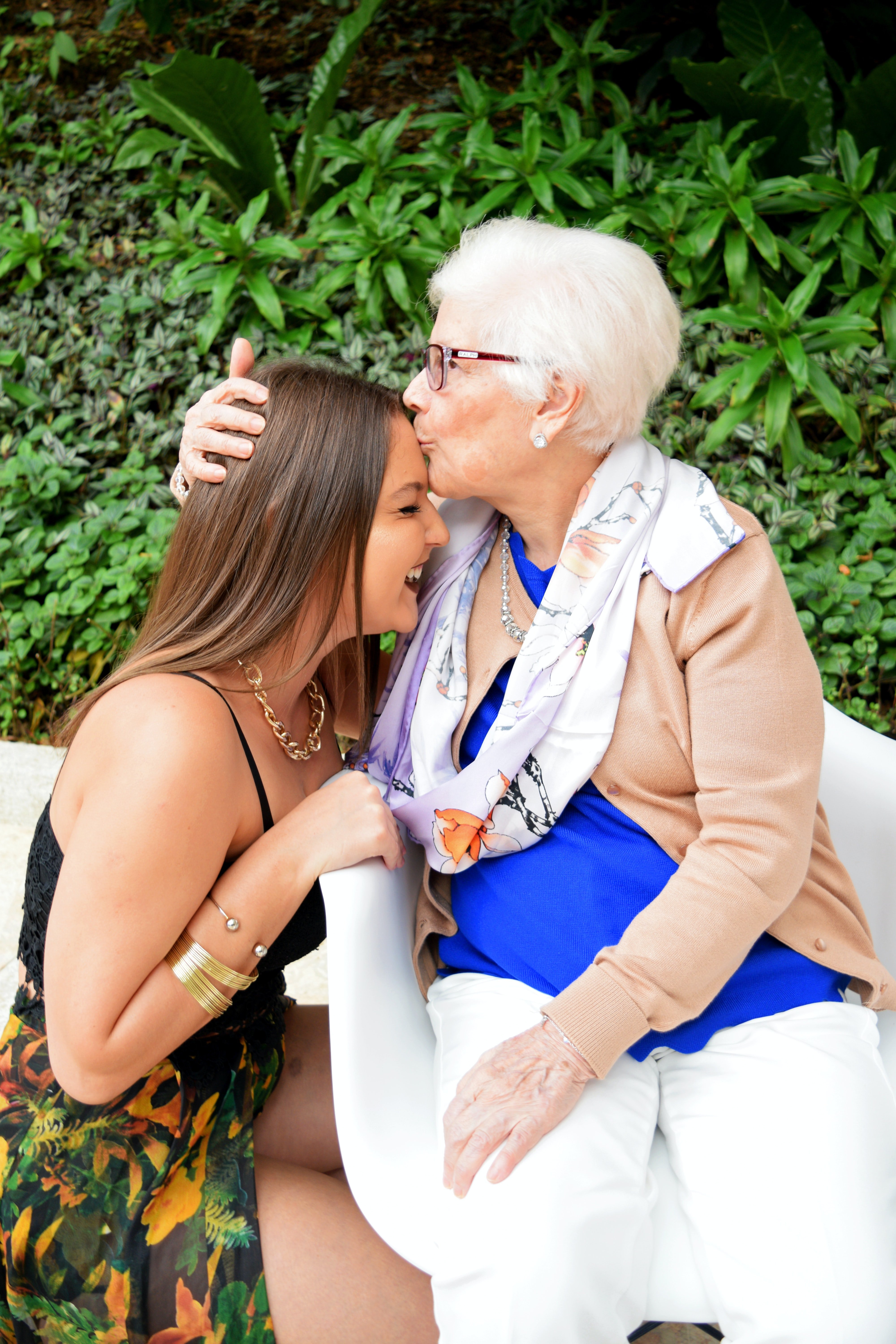
For illustration purposes only | Source: Unsplash
“Of course, honey,” Edith replied as he embraced her. “I’ll never be able to repay your generosity. You literally appeared in our lives like an angel.”
“You don’t need to thank me,” Alice said. “I have a family now because of you, and I think that’s the greatest wealth I can ever have.”
What can we learn from this story?
- Not all heroes wear capes. Alice saved Christopher and his grandmother from misery and played the role of a hero in their lives.
- Learn to be compassionate and kind to others. Just how Alice was to Christopher and his grandmother Edith.
Share this story with your friends. It might brighten their day and inspire them.
If you enjoyed this story, you might like this one about a man who gave a jaw-dropping gift to his fiancé.
This account is inspired by our reader’s story and written by a professional writer. Any resemblance to actual names or locations is purely coincidental. All images are for illustration purposes only. Share your story with us; maybe it will change someone’s life. If you would like to share your story
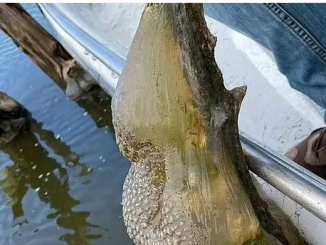
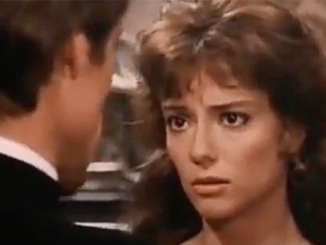
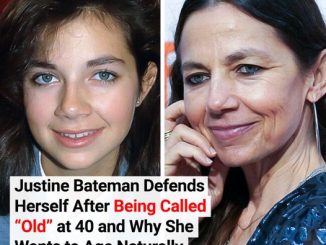
Leave a Reply